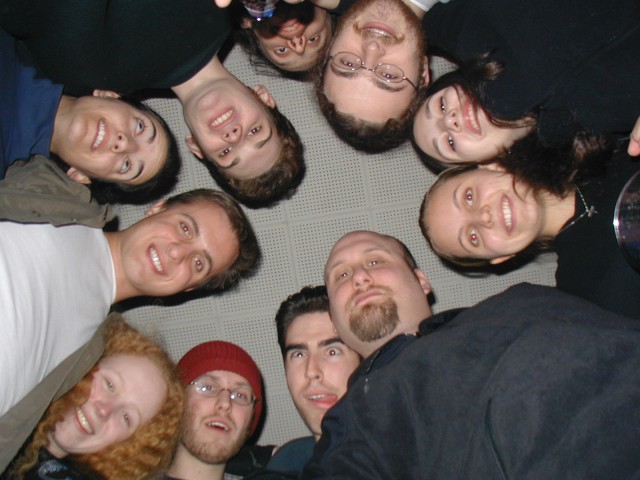I remember the first time I heard about Google, it was in the run up to the year 2000 and my radio segments were mainly discussing if computers would blow up, dams collapse or aircraft fall from the sky as computer systems failed to deal with the change into the new millennium.
Despite the risk of impending disaster, I had a play with Google search and found the results to be far better than the established sites like Yahoo! and Altavista. Millions of others agreed.
Quickly Google became the definitive search engine. If you were serious about finding information on the web then Google was the way you found it.
For a while we wondered how Google would make money, it turned out that linking advertising to the search results was immensely profitable and the company quickly became one of the richest in the world.
Today, Google’s decided their searches will be something else. Rather than being a trusted source they’ll tell us what our friend think.
Which is great if our friends are trusted sources on Aristotle, post colonial South American politics, how to book sleepers on the Trans-Siberian or the best pie shop in Bathurst. But it’s kind of tricky if they aren’t.
As much as I love and enjoy the company of my friends both online and offline, not many of them are authorities in anything – except possibly pie shops.
This the flaw at the heart of integrating search and social media, they are two different things and we have different expectations for them.
As Pando Daily’s MG Seigler puts it; “Evil, Greed, And Antitrust Aren’t Google’s Real Problems, Relevancy Is.”
For most of my online searches, my friends views and ideas aren’t relevant. If they are, I already know how to find them.
The prediction is that tinkering with search will not end well for Google, it’s hard to disagree if we lose confidence in their results.

Leave a Reply